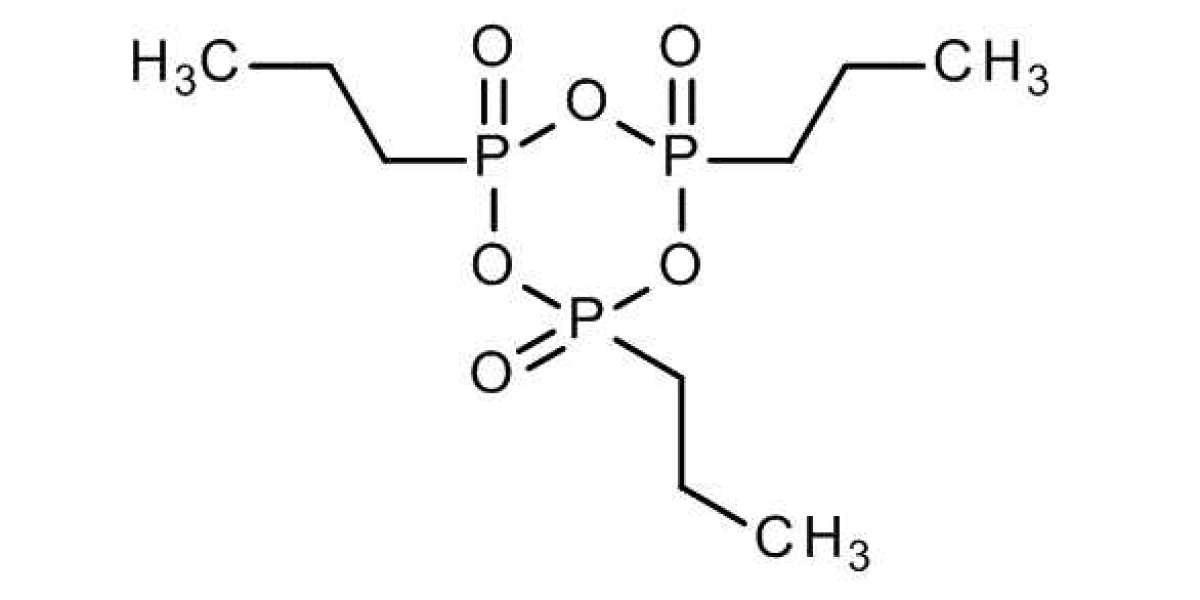Erectile dysfunction (ED) is a common issue that affects millions of men worldwide. While medications like Kamagra Oral Jelly can be effective in treating ED, making lifestyle changes can also play a crucial role in managing and even preventing this condition. This comprehensive guide will explore various lifestyle modifications that can help improve erectile function and overall health.
Understanding Erectile Dysfunction
Erectile dysfunction is the inability to achieve or maintain an erection sufficient for satisfactory sexual performance.
A healthy diet is fundamental to overall health and can significantly impact erectile function. Here are some dietary changes that can help manage ED:
Erectile dysfunction is a complex condition with multiple contributing factors. While medications like Super Kamagra can provide immediate relief, addressing underlying lifestyle factors can lead to long-term improvements and overall health benefits. By making changes to your diet, exercise routine, weight management, mental health practices, and habits, you can significantly improve your erectile function and quality of life.
A. Eat a Heart-Healthy Diet
A diet that is good for your heart is also good for your sexual health. This includes:
Fruits and Vegetables: are rich in antioxidants, vitamins, and minerals that improve blood flow.
Whole Grains: Provide sustained energy and improve circulation.
Lean Proteins: Sources like chicken, fish, and legumes support muscle health and stamina.
Healthy Fats: Nuts, seeds, avocados, and olive oil are good for heart health and hormone production.
B. Limit Processed Foods and Sugars
High consumption of processed foods and sugars can lead to obesity, diabetes, and vascular problems, all of which contribute to ED. Reducing these in your diet can improve your overall health and erectile function.
C. Stay Hydrated
Proper hydration is essential for maintaining good circulation and overall health. Aim to drink at least eight glasses of water a day.
2. Regular Exercise
Physical activity is crucial for improving blood flow and reducing the risk of conditions that can lead to ED. Here’s how exercise can help:
A. Cardiovascular Exercise
Activities like walking, jogging, swimming, and cycling improve heart health and circulation. Aim for at least 30 minutes of moderate exercise most days of the week.
B. Strength Training
Building muscle can improve stamina and overall physical health. Include weight lifting or resistance training in your routine two to three times a week.
C. Pelvic Floor Exercises
Also known as Kegel exercises, these can strengthen the muscles involved in erection and ejaculation. To perform Kegels, contract the muscles you would use to stop urination, hold for a few seconds, then release. Repeat this 10-15 times, three times a day.
Obesity is a significant risk factor for erectile dysfunction. Excess weight can lead to cardiovascular disease and diabetes, which impair blood flow and nerve function. Here are some tips for achieving and maintaining a healthy weight:
Following a heart-healthy diet and engaging in regular physical activity are essential. Aim for a calorie deficit if you need to lose weight.
Weight loss should be gradual and sustainable. Aim for 1-2 pounds per week.
Keep track of your weight, diet, and exercise habits to stay motivated and make necessary adjustments.
Psychological factors like stress, anxiety, and depression can cause or worsen ED. Here are ways to manage these issues:
Practices like mindfulness and meditation can reduce stress and improve mental clarity. Spend a few minutes each day focusing on your breath and clearing your mind.
Talking to a therapist or counselor can help address underlying psychological issues. Cognitive-behavioral therapy (CBT) is particularly effective for treating anxiety and depression related to ED.
Engage in activities that reduce stress, such as hobbies, spending time with loved ones, or taking regular breaks from work.
Smoking and excessive alcohol consumption can damage blood vessels and impair circulation, leading to ED. Here’s how to address these habits:
Smoking cessation improves blood flow and overall health. Seek support through smoking cessation programs, medications, or counseling.
Moderate alcohol consumption is generally considered safe, but excessive drinking can lead to ED. Aim for no more than two drinks per day for men.
Poor sleep can affect hormone levels, mood, and overall health, contributing to ED. Here are tips for improving sleep quality:
Make your bedroom conducive to sleep by keeping it dark, quiet, and cool. Avoid screens and bright lights before bedtime.
Conditions like sleep apnea can affect erectile function. If you have persistent sleep problems, consult a healthcare provider.
Regular medical check-ups can help detect and manage conditions that contribute to ED, such as diabetes, high blood pressure, and high cholesterol. Here’s what you can do:
Keep track of your blood pressure, blood sugar, and cholesterol levels. Adhere to prescribed treatments and lifestyle recommendations from your healthcare provider.Regular screenings for heart disease, diabetes, and other conditions can help catch problems early.
Implementing these lifestyle changes requires commitment and consistency, but the rewards are well worth the effort. Improved erectile function, better overall health, and enhanced well-being are achievable goals with the right approach. Start today, and take the first step towards a healthier, more satisfying life.








